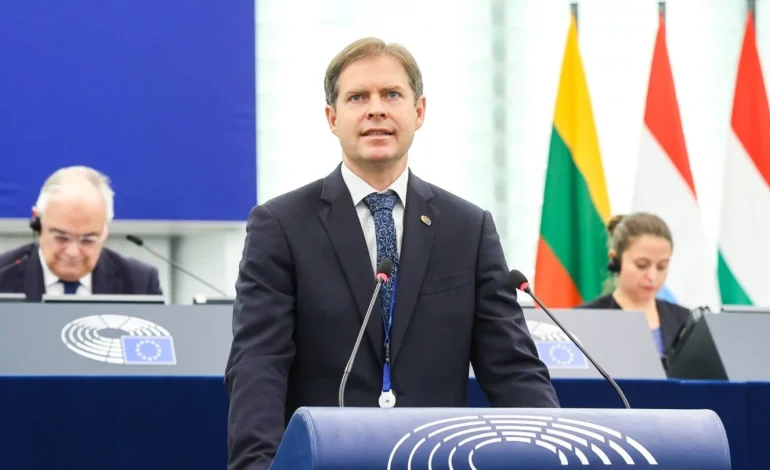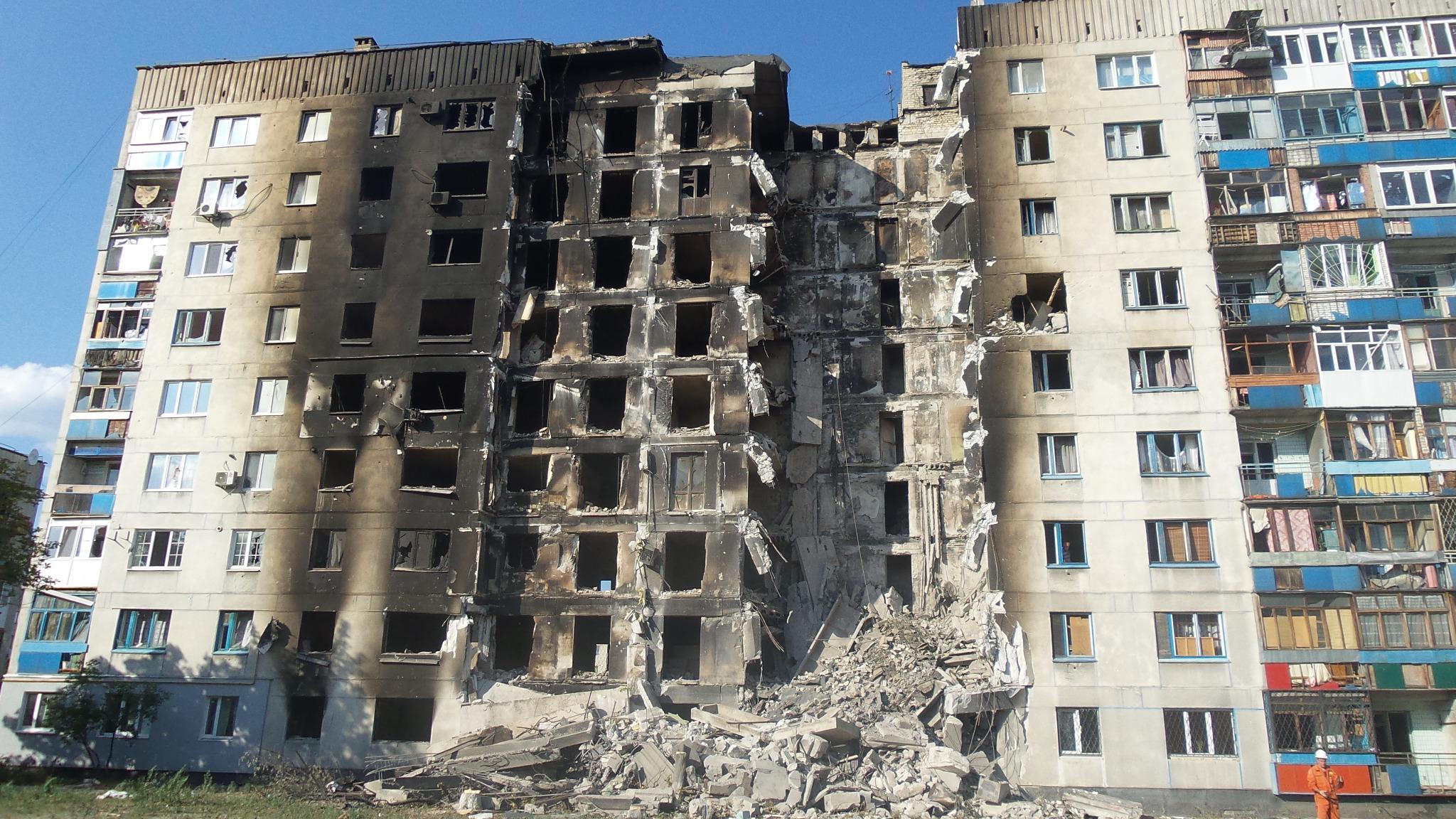ANALYSIS: Moldova Continues to Tighten Screws on Opposition Voices as Elections Approach

As Moldova moves closer to its crucial parliamentary elections in September, political tensions in the small Eastern European country are rapidly intensifying, and not just internally. Over the weekend, Moldovan authorities made headlines by barring Czech MEP Ondřej Dostál from entering the country, declaring him persona non grata for allegedly threatening national security and public order.
Dostál, a member of the European Parliament and vice-chair of the conservative Czech party Stačilo!, was scheduled to speak at a conservative conference in Chișinău titled Make Europe Great Again. He was turned back at the airport and redirected to Bucharest, where he later stated on social media:
Everything happens for the first time. Even being banned from a candidate country to the EU. Democracy in action.
The Moldovan government has not offered detailed justification beyond vague references to “security risks.” Yet for critics, this is part of a growing pattern: a ruling political class eager to suppress dissent, particularly voices skeptical of the country’s Westward drift.
Familiar Regional Pattern
Moldova’s political climate has long echoed neighboring Ukraine, where geopolitical tug-of-war between Russia and the West helped plunge the country into full-scale war. In Moldova, that war remains cold — for now. But with a population evenly split between pro-European and pro-Russian sentiments, and a government committed to fast-tracking EU accession, the stakes are climbing.
What’s more troubling, analysts note, is that the Moldovan government increasingly mirrors the tactics it accuses its adversaries of using: information control, suppression of dissent, and blurred lines between national security and political opposition.
In a particularly sharp irony, Dostál’s removal was justified using language typically reserved for foreign agents or known threats, not elected officials from EU member states. Moldova has also reportedly denied entry to other international conservative figures, including American activist Brian Brown and Greek politician Nikos Tsanassoulas, citing similar “security concerns.”
Democracy or Ideological Gatekeeping?
While Moldovan President Maia Sandu remains a darling of EU officials and Western donors, criticism of her government is growing louder both inside and outside the country. The most striking example? Sandu’s re-election last fall was largely propelled by the diaspora vote (Moldovans living abroad), while the majority of in-country voters reportedly backed opposition-leaning, often pro-Russian candidates.

That hasn’t stopped her administration from cracking down on rival voices. The “Victory Bloc,” a coalition of parties with ties to exiled businessman Ilan Șor, has been sanctioned by the EU and banned from elections. The reason: destabilization efforts and alleged Russian interference.
But critics argue the real destabilization might stem from the government’s approach: conflating opposition with treason, suppressing media, and using national security as a political weapon. Analysts warn that Moldova could become “the next Ukraine” — not because of Russian tanks, but because of deep internal fractures the government is choosing to inflame rather than bridge.
HaiTV App Controversy
Adding fuel to the fire is the sudden appearance of HaiTV, a streaming app offering Moldovans access to banned Russian and opposition-affiliated channels, including MD24 — a Moscow-based news network with ties to Ilan Șor.
The Moldovan authorities have denounced the app and asked regulators to investigate its legality, but have admitted they may not be able to block it. That hasn’t stopped state-aligned media from framing it as part of a broader Russian “hybrid warfare” strategy.
However, observers point out that media blackouts, travel bans, and censorship do not reinforce democracy — they undermine it.
International Support with Strings
While the Moldovan government cracks down on dissent, it continues to receive enthusiastic financial and political backing from the West. Just this month, Estonia announced €550,000 in support for Moldova’s “democratic institutions and civil society.” At the same time, EU officials have remained largely silent on the recent bans and suppression of political opposition.
Dostál’s party, Stačilo!, put it bluntly:
This is a direct attack on freedom of expression and democracy in Europe — a disturbing sign from a country aspiring to join the EU.
Road Ahead
With elections scheduled for September 28, Moldova’s political future is at a tipping point. Will it follow through on its stated democratic aspirations, or will it slide further into ideological control and exclusion?
If current trends hold — silencing critics, banning opposition, and labeling international voices as threats — then Moldova risks not only internal unrest but also alienating the very democratic ideals it claims to uphold.
In a region still reeling from war, Moldova can ill afford to abandon pluralism in favor of partisanship.









The latest news in your social feeds
Subscribe to our social media platforms to stay tuned